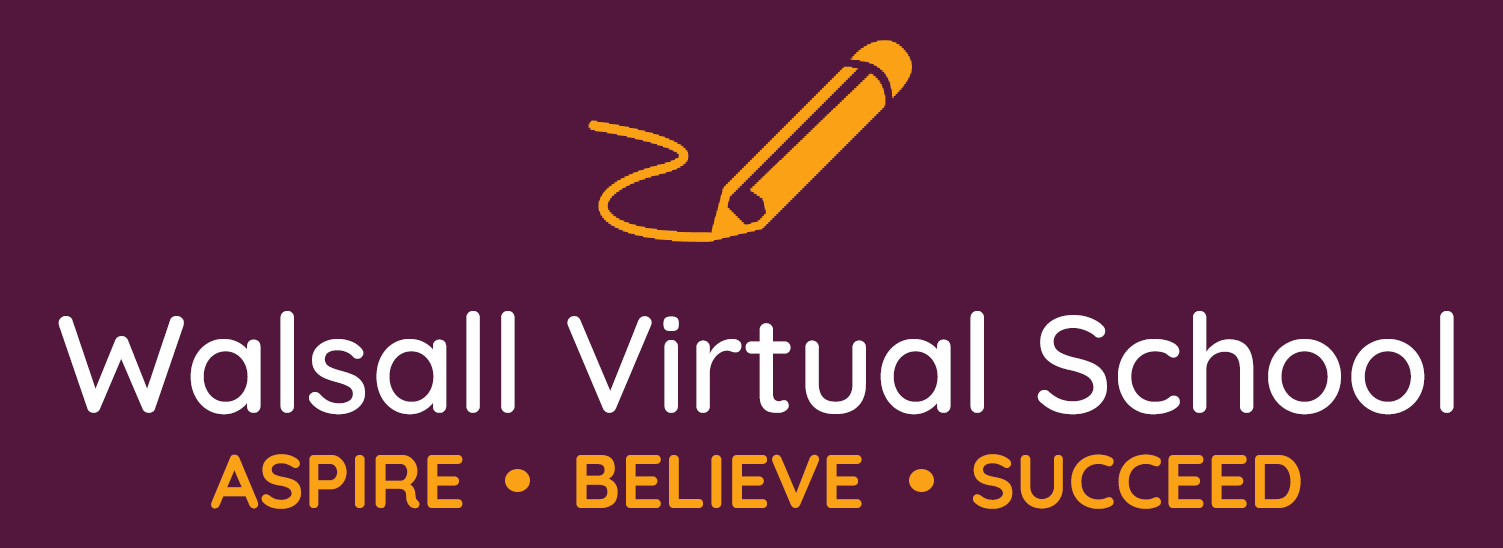Welcome to the Walsall Virtual School Website
Welcome to the Walsall Virtual School Website, a place where professionals can access information, advice and guidance on matters associated with the education of care experienced children and young people can access resources to support their learning
What is a Virtual School?
Walsall Virtual School
The Walsall Virtual School is responsible for liaising and working in partnership with agencies to support the education of children in care. Lorraine Thompson is the Walsall Virtual school Lead and leads on strategic planning and developments, policy, new initiatives and service delivery.
The Walsall Virtual School is not a teaching institution. It is "a model by which the local authority provides services and support for the education of children in care and a constructive challenge to those providing the services". It works closely and in partnership with Schools, Health, Impact Advisors and Social Care so that there is a holistic and comprehensive approach to the support of children in care all areas of their lives.
Our overall aim is to help produce better educational outcomes, and enhanced personal and social development so that children in care have better life chances.
Our specific objectives which together will help us achieve this aim are reflected by the targets that we set ourselves each year, i.e. seeking continuous improvement in the number of children in care who: -
- Achieve a good level of development at the end of Reception
- Achieve the Expected Standards in reading, writing and maths at the end of KS1 and KS2
- Make at least expected progress between Key Stages
- Achieve 5+ 4-9 grade GCSEs including Maths and English
- Have good school attendance
- Are in education, employment or training in the September following their sixteenth birthday
We will also seek to: -
Reduce the number of days students are excluded, fixed term and permanent, and ensure that excluded students receive alternative provision from day one
Secure objective evidence that: -
- There is increasing student involvement in extracurricular and extension activities
- Special Educational Needs are being met and appropriate interventions are implemented and reviewed in terms of the graduated response
- Fewer students do not have a school place at any one time
- The average time taken to secure a school place for a child is being reduced
- The average number of school days missed per term by children is falling
- The average number of school moves is being reduced
- All children and young people have an up to date, high quality PEP.

